Conflict experts called in to ease tensions in the countryside between gamekeepers and environmentalists
They are arguments and divisions that run as deep as glens where the two “tribes” of gamekeepers and environmentalists have, so far, failed to find much common ground.
Now, mediation experts with experience of working in conflict zones around the world have been drafted in to help break down longstanding tensions and suspicions in Scotland’s countryside.
Advertisement
Hide AdAdvertisement
Hide AdThe Centre for Good Relations, whose staff have worked in places including Belfast and the Middle East, have been brought in to broker discussions over the way red deer is managed in the uplands, mainly on sporting estates.
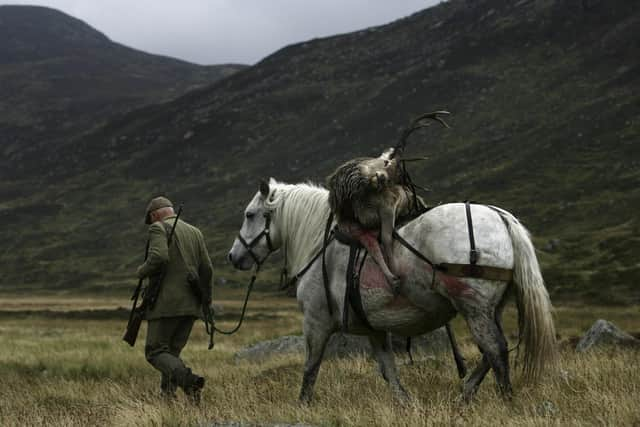

Rapid changes in the rural areas, driven by a shift in land use towards nature restoration and rewilding amid a wider government policy of tree planting and peatland restoration, has intensified the need to find a way forward.
While gamekeepers and stalkers feel their traditions, communities and skills are under threat and their knowledge of land and animals disrespected, environmentalists say overpopulation of deer to satisfy paying shooting parties is stalling their efforts to address the overlapping nature and climate emergencies.
Deer continue to degrade peatland – a major emitter of carbon - destroy new wond and reduce habitats, many would say.
Following the intervention of the CGR, a Common Ground steering group is now driving forward hopes for better understanding. Members include rewilding charity Trees for Life, Scottish Gamekeepers Association, Cairngorms National Park Authority, Forestry and Land Scotland, Saving Scotland’s Rainforest, Nature Scot and others.
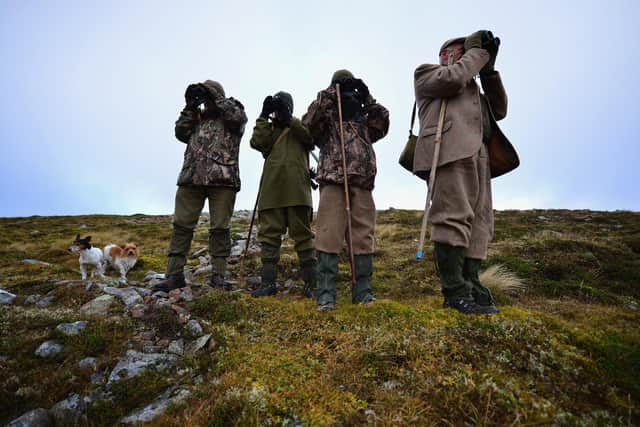

Alan McDonnell is the conservation manager at Trees for Life, which manages the 10,000-acre Dundreggan estate in Glenmoriston which is also part of Affric Highlands, the UK’s largest rewilding landscape.
He said some progress had been made following the intervention of CGR, which initially got 40 people from the three ‘tribes’ – stalkers, environmentalists and science/policy – into a room to start discussing the competing issues.
Mr McDonnell said earlier attempts to bring together the parties had been “superficial” with trust remaining low and a reluctance to engage.
Advertisement
Hide AdAdvertisement
Hide AdHe said: "It’s not Belfast or the Middle East or anything but people had emotional attachments to their arguments. There was a lot of anger and frustration and that was just in a negative spiral bouncing off each other, with loads of second guessing and assumptions .
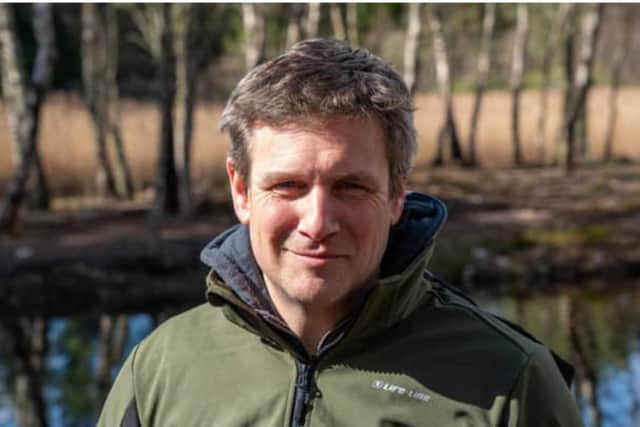

"People were very much focused on the differences and there was this attrition. That had been going on for 20 years. People were knackered.
“Nobody wins in that everybody suffers in personal well-being terms and in what they want to achieve.”
The work comes as the Scottish Government proposes major new legislation on deer management, including new legal powers for NatureScot to enter land for culling and fencing if a failure to act in the interests of the environment is found.
Scottish Gamekeepers Association refused to respond to the consultation, which closed on Friday (29), given their “fundamental and collective opposition” to the plans, which include an extension to female deer open season to March 31 which would allow the killing of heavily pregnant hinds.
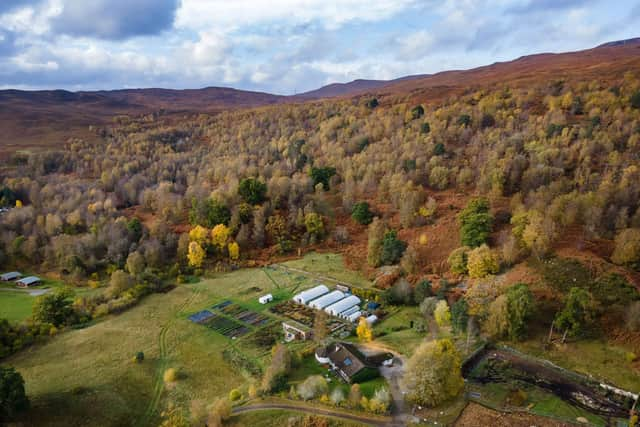

Earlier, CGR identified key areas and tensions, including those around ‘traditions culture and class’ with strong feelings that people felt “judged and misunderstood”. Animal welfare, landownership and the contradictions between science and those working on the ground were also raised.
While there was a shared view that action was needed on climate change and biodiversity loss, differences remained over the pace of change.
Mr McDonnell said dialogue had now opened up – but that work continued.
Advertisement
Hide AdAdvertisement
Hide AdHe added: "We couldn’t have done this without them (CRG), without that experience of how you get those conversations going, but in a safe way.
“We haven’t yet got into the grit of the issue. The 40 odd people who had come to that meeting were the most moderate, the most willing to be conciliatory
"What we talked about were the people who were not here, the stalkers on the ground.”
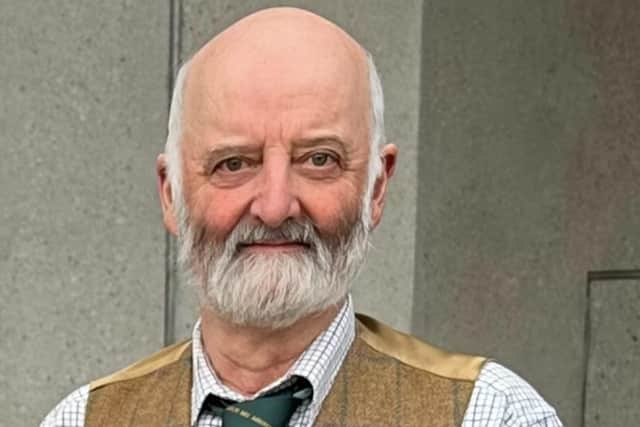

Earlier this month, a meeting was called in Glen Quoich where 70 stalkers and gamekeepers gathered to discuss the issues.
Mr McDonnell added: “There are loads of good guys involved and just to understand how they see it as humans was really valuable. The more people from my ‘tribe’ that could see that , I think the better it would be.
"There is also a lot of need for stalkers to see into my mindset, where I am coming from and my ‘tribe’ is coming from. We are not the bogeymen they think we are.”
Lea MacNally, 73, has been a stalker in Glen Quioch for more than 50 years and represents Scottish Gamekeepers Association on the Common Ground steering group.
On the meeting at Glen Quioch, he said: “It was run by the stalking fraternity and it gave folk an opportunity for people to speak up andin confidence they weren’t speaking out of turn. They feel under attack, feel vulnerable.
Advertisement
Hide AdAdvertisement
Hide Ad"I am retired, I am 73, and folk are wondering why I am trying to preach to them that there are big changes infront of us. Changes are happening already. we have got to try and adapt.
"It is very difficult to get some of the older dyed-in-the-wool guys to come along and to see the need for change. We are trying to get some of the young folk on board who have concerns about the environmental impact, loss of jobs and definitely the loss of communities.
“It has probably been easier than we anticipated. We don’t agree with some of it but some of the environmental groups don’t agree with what we do.”
Abdul Rahim, Director and Senior Practitioner of CGR, said there had been a “willingness to take the steps towards possible change” and that relationships were more “positive and constructive”.
"There has still been scepticism but when people have had the opportunity to speak to us they have been willing to come back an re-engage. For us, that is a breath of fresh air.”
Comments
Want to join the conversation? Please or to comment on this article.